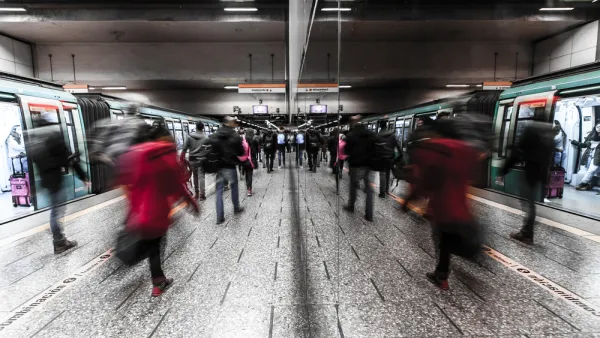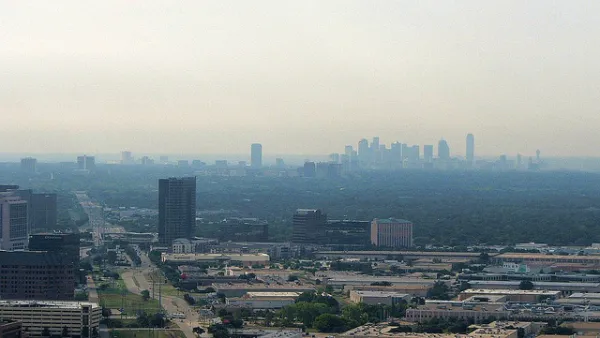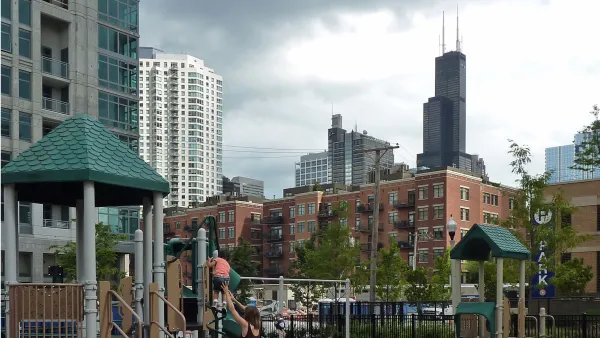A new study breaks down charitable giving by zip code, revealing the great variety in donations by area and economic group. Pam Fessler shares the results.
Among the most compelling findings in a new study by the Chronicle of Philanthropy: "It turns out that lower-income people tend to donate a much bigger share
of their discretionary incomes than wealthier people do. And rich
people are more generous when they live among those who aren't so rich," reports Fessler.
So what are the causes of the geographical and economic disparities in charitable giving? Tax incentives are one. Religion is another. According to the report, "Regions of the country that are deeply religious are more generous than those that are not."
So is economic segregation. "High-income people who live in economically diverse neighborhoods give
more on average than high-income people who live in wealthier
neighborhoods," writes Fessler. Seen in this light, the national rise in economic segregation becomes an even greater threat to the health of our communities.
The study found that Utah, the District of Columbia, and Mississippi are the most giving states. Salt Lake City, Memphis, and Birmingham are the most giving metro areas.
FULL STORY: Study Reveals The Geography of Charitable Giving

Analysis: Cybertruck Fatality Rate Far Exceeds That of Ford Pinto
The Tesla Cybertruck was recalled seven times last year.

National Parks Layoffs Will Cause Communities to Lose Billions
Thousands of essential park workers were laid off this week, just before the busy spring break season.

Retro-silient?: America’s First “Eco-burb,” The Woodlands Turns 50
A master-planned community north of Houston offers lessons on green infrastructure and resilient design, but falls short of its founder’s lofty affordability and walkability goals.

Test News Post 1
This is a summary

Analysis: Cybertruck Fatality Rate Far Exceeds That of Ford Pinto
The Tesla Cybertruck was recalled seven times last year.

Test News Headline 46
Test for the image on the front page.
Urban Design for Planners 1: Software Tools
This six-course series explores essential urban design concepts using open source software and equips planners with the tools they need to participate fully in the urban design process.
Planning for Universal Design
Learn the tools for implementing Universal Design in planning regulations.
EMC Planning Group, Inc.
Planetizen
Planetizen
Mpact (formerly Rail~Volution)
Great Falls Development Authority, Inc.
HUDs Office of Policy Development and Research
NYU Wagner Graduate School of Public Service




























